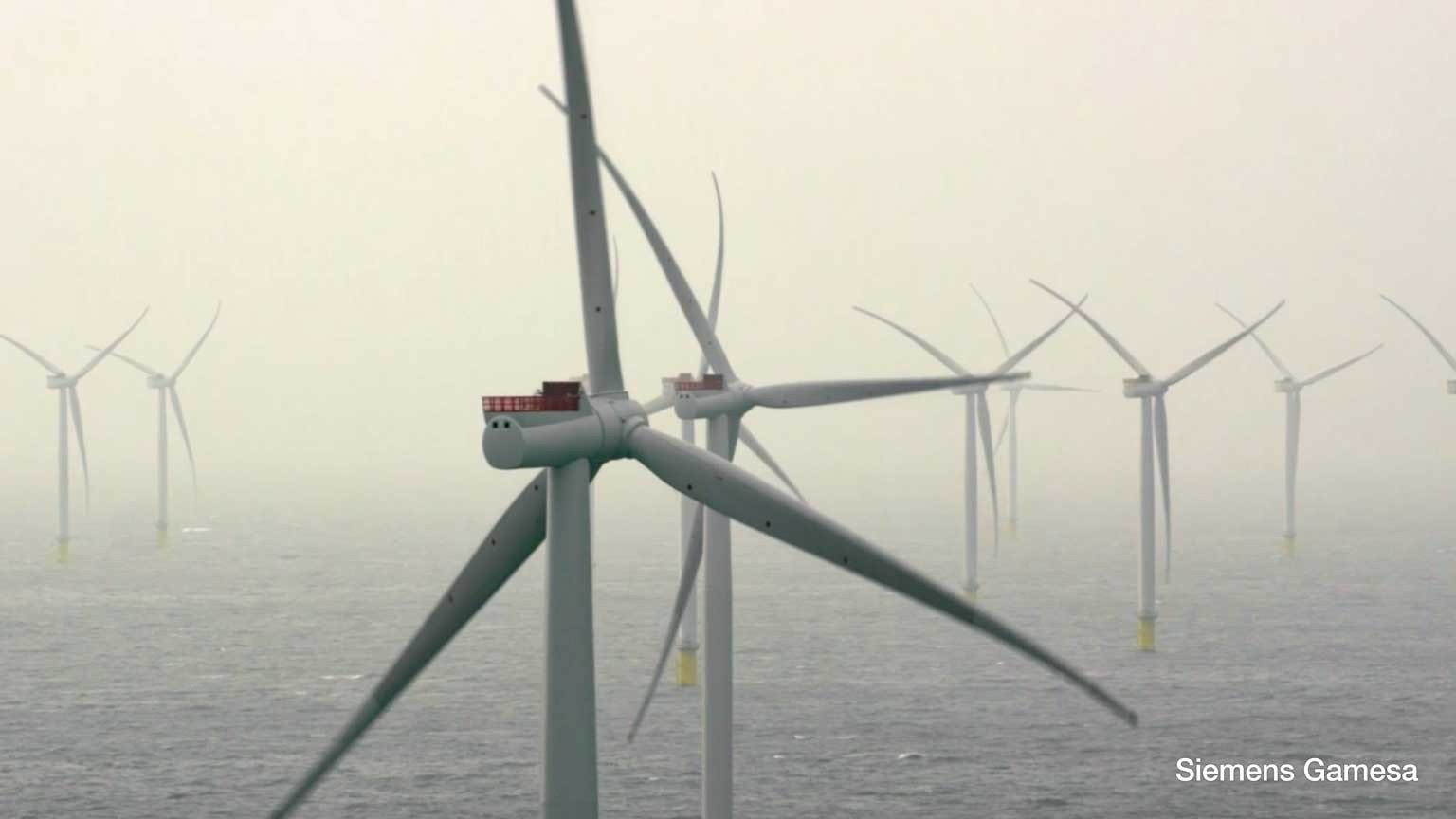Japan's first large-scale offshore wind farm began generating power last December off the coast of Akita Prefecture. In addition to energy production, the project aims to provide jobs and revitalize a region where the population has been decreasing for decades.
Plans are underway for more wind farms in the region and officials organizes a business forum involving around 30 local companies last month.
Offshore wind power generation is recognized as cost-effective and eco-friendly energy source that emerged in Europe during the 1990s.
Japan has been slow to embrace the technology, but momentum grew from 2019 when the government revised a law to promote it. Twenty-four regions have expressed interest and eight are close to starting construction.
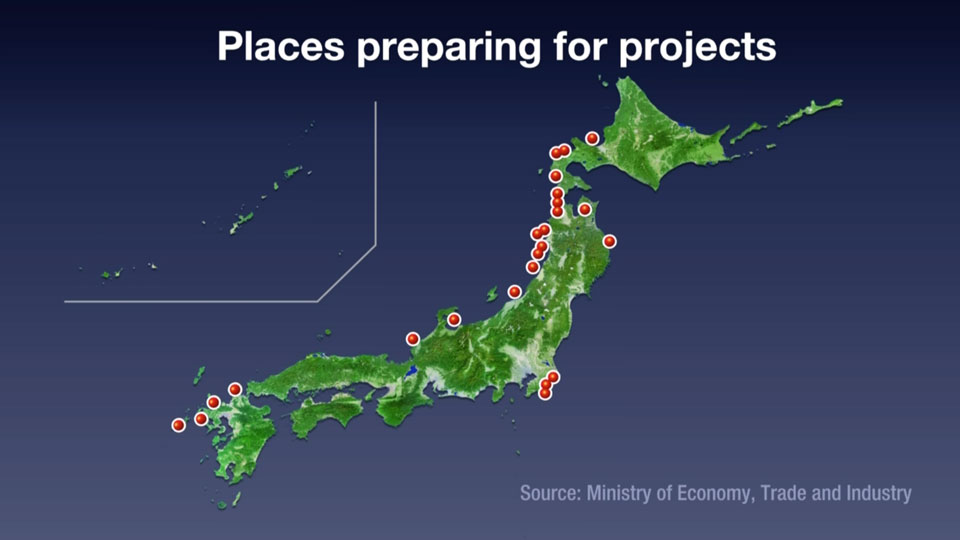
Saga in southern Japan is one of the prefectures that has expressed interest, but not everyone there is receptive.
Kawaguchi Yasunori works in the region's fishing industry. He has collected 19,000 signatures opposing the construction of a windmill, which he says will destroy nature, as well as the livelihoods of fishers.
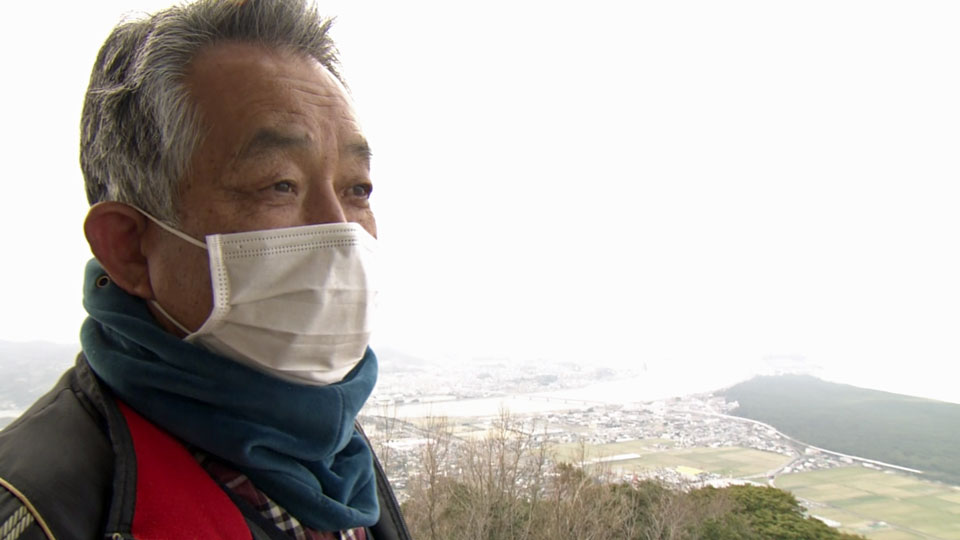
Fisheries cooperatives in neighboring Nagasaki and Fukuoka are also opposed to the project as boats from there fish in Saga's waters. They fear that windmills will scare the fish away.
Nakanishi Toshihiro, head of a fisheries cooperative in Fukuoka, says he is not against offshore wind farms, but warns that if the windmills are built in Saga's waters, it will cause problems for his industry.
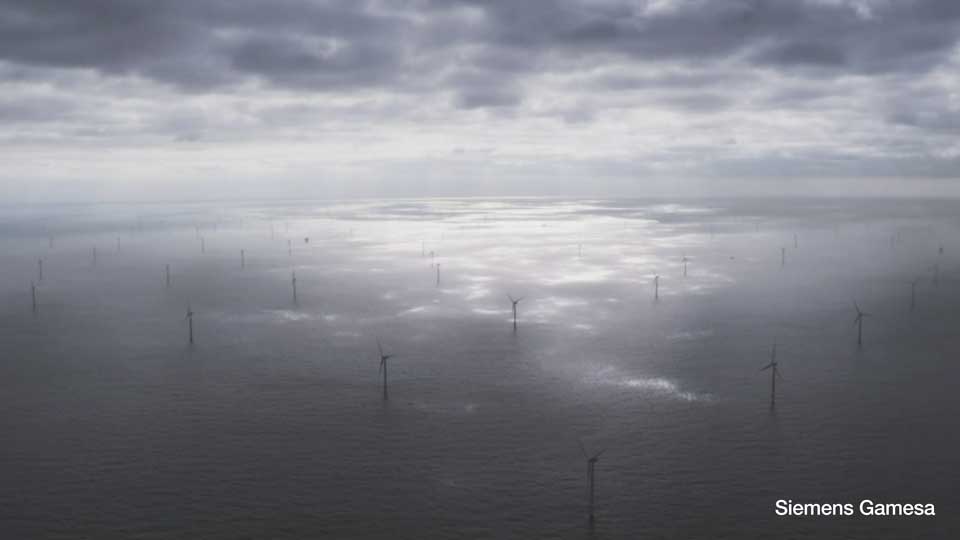
Experts say that hasn't been the case. They cite showing that offshore wind power has had no major impact on the marine environment in countries that have introduced it.
But Miura Masao of Japan's Marine Ecology Research Institute, organization that researches environmental impact on marine ecosystems, says it is unclear whether the European findings apply to Japan, given its greater variety of species and unique fishing industry.
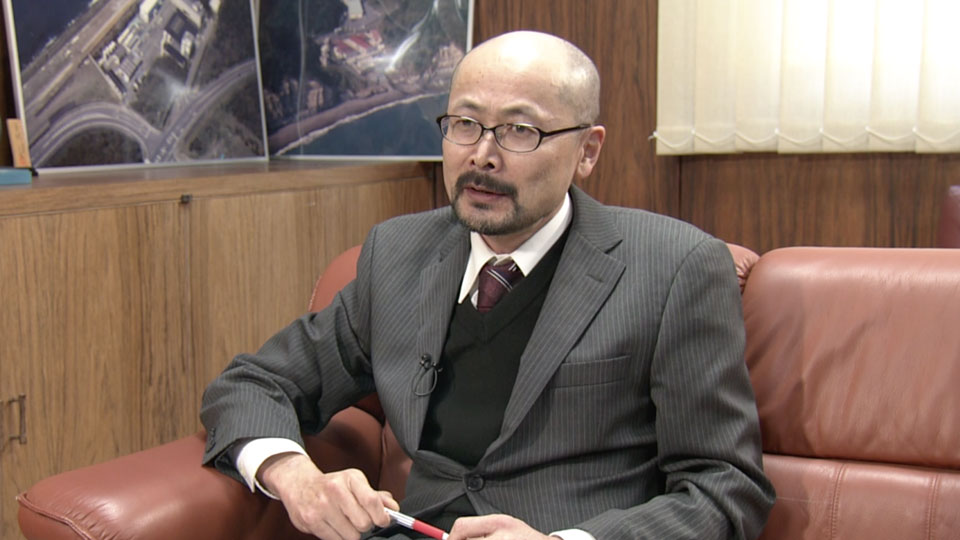
Miura says, even in such situation, Japan must move ahead with renewable energy as it is a necessary tool in the race against global warming. "It is important to conduct a thorough survey, plan the measures to take, and gain understanding of the plan as we proceed," he explains.
Japan has set a goal to build energy generation projects that produce 45 gigawatts of power by 2040, which is equivalent to the output of 45 nuclear power plants. But to make that happen, the government will have to work to gain the support of fishery operators.
